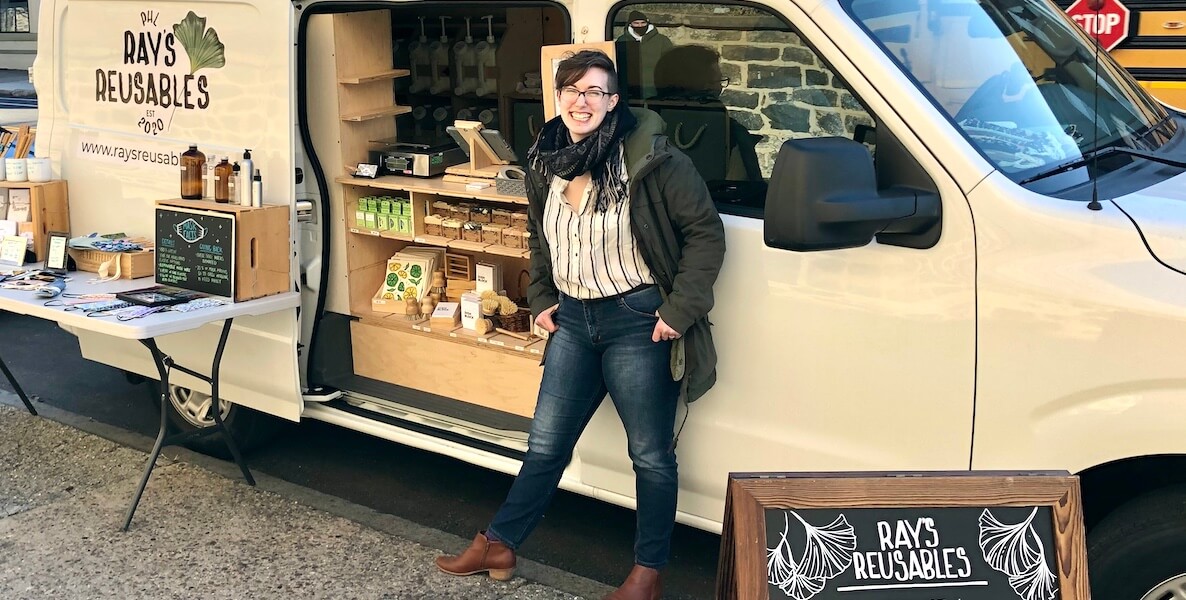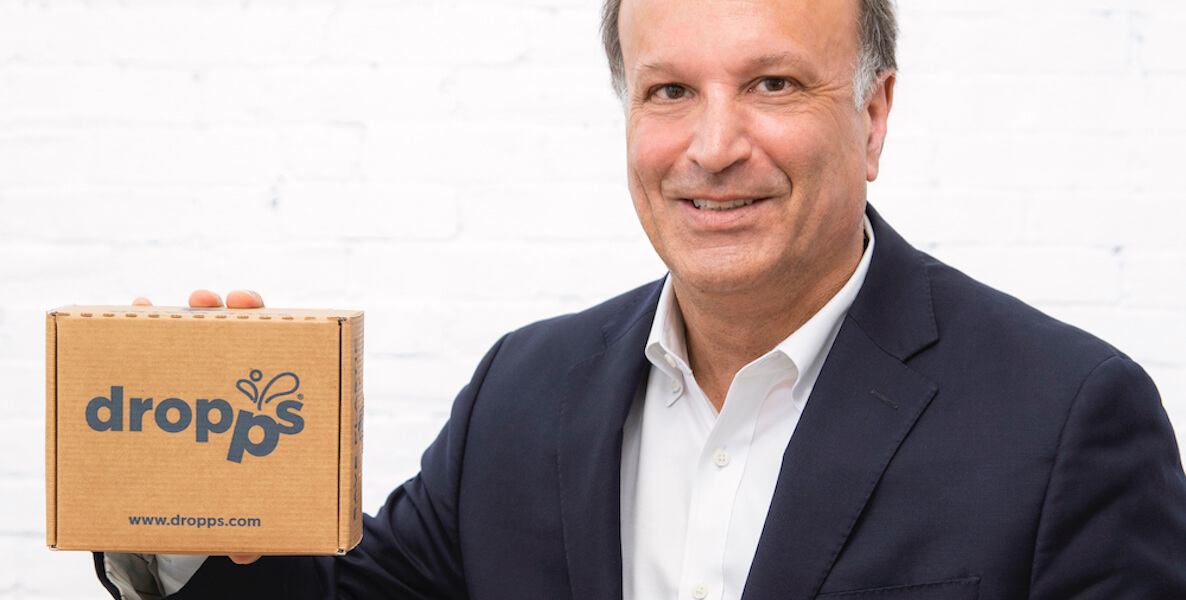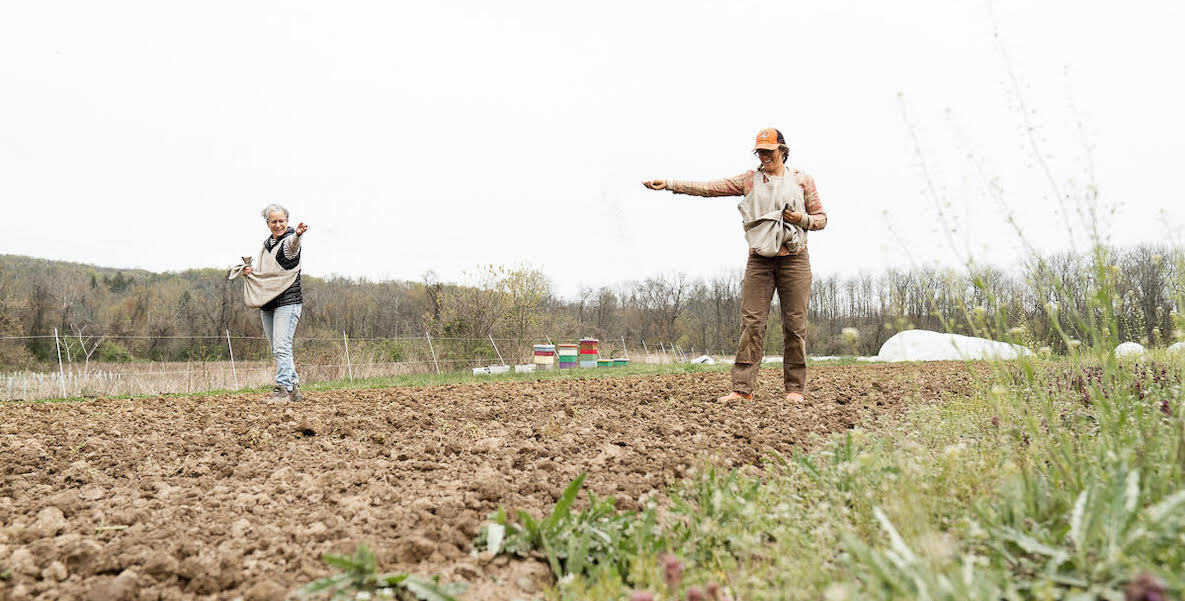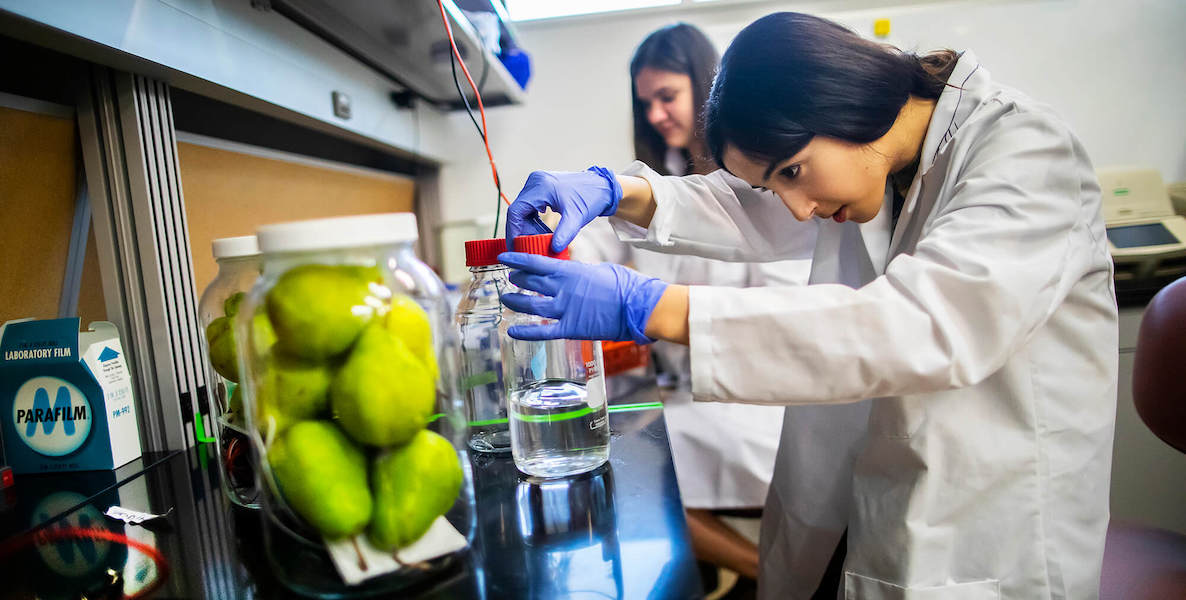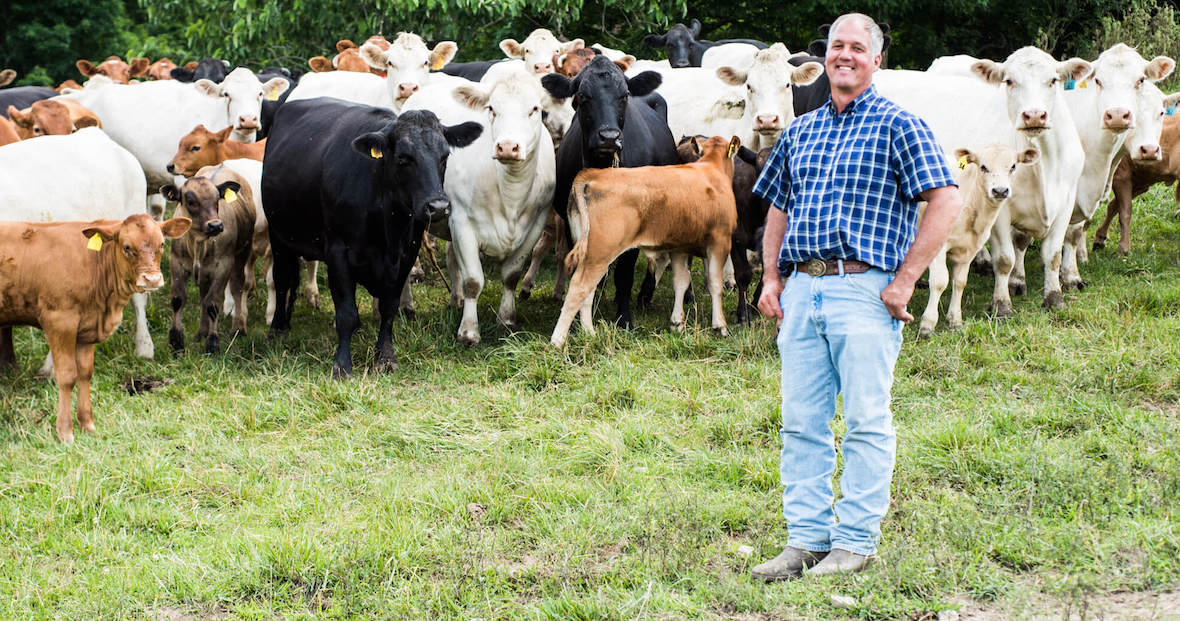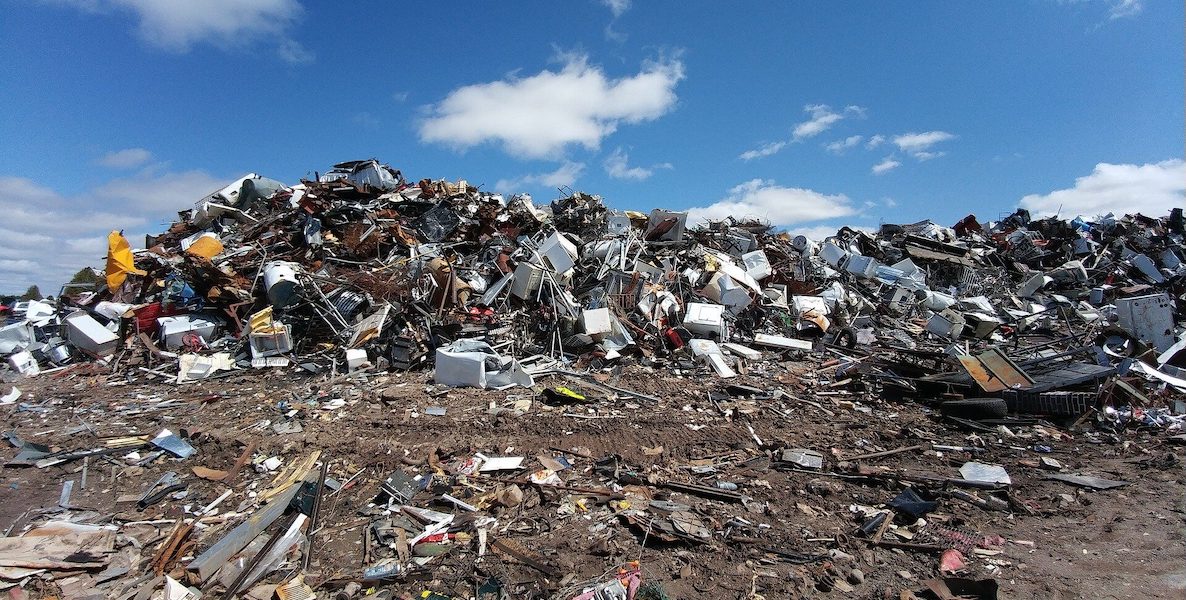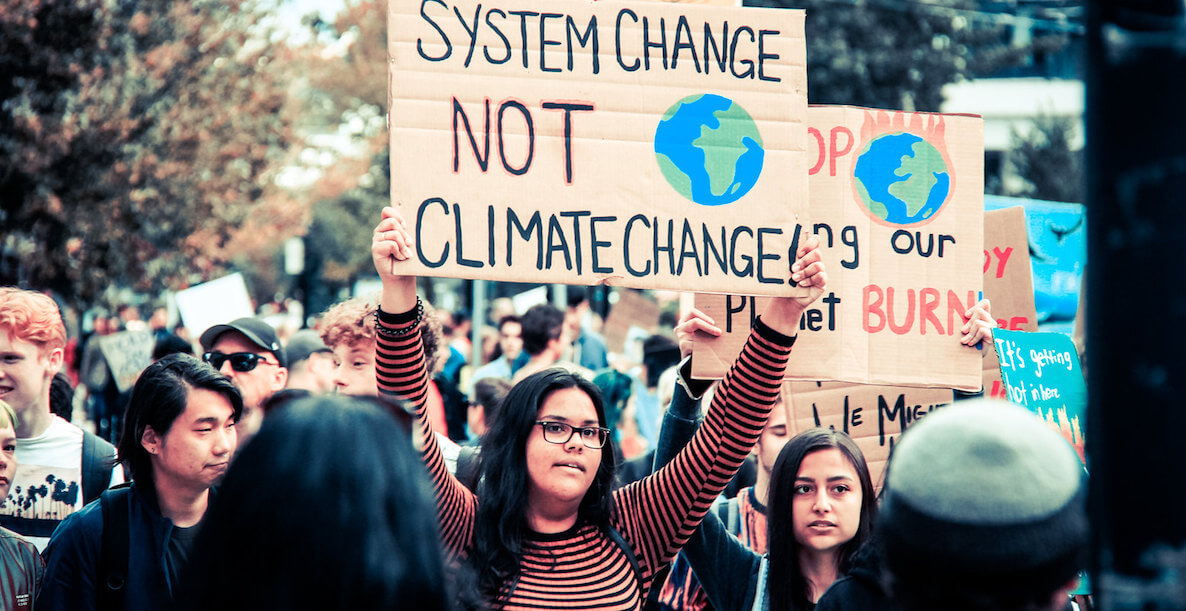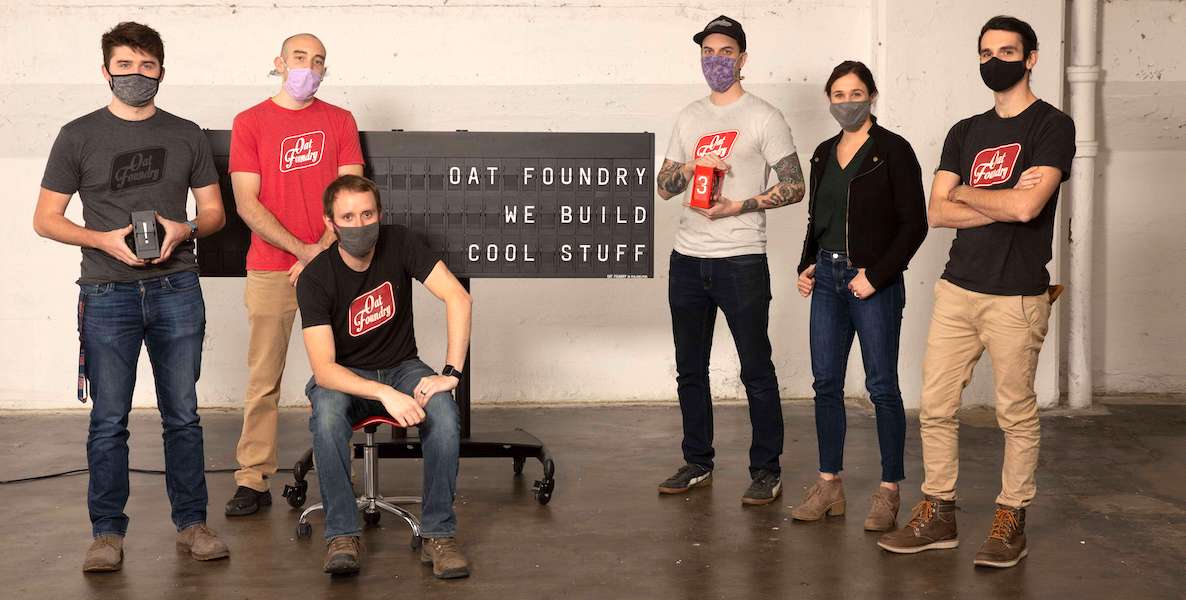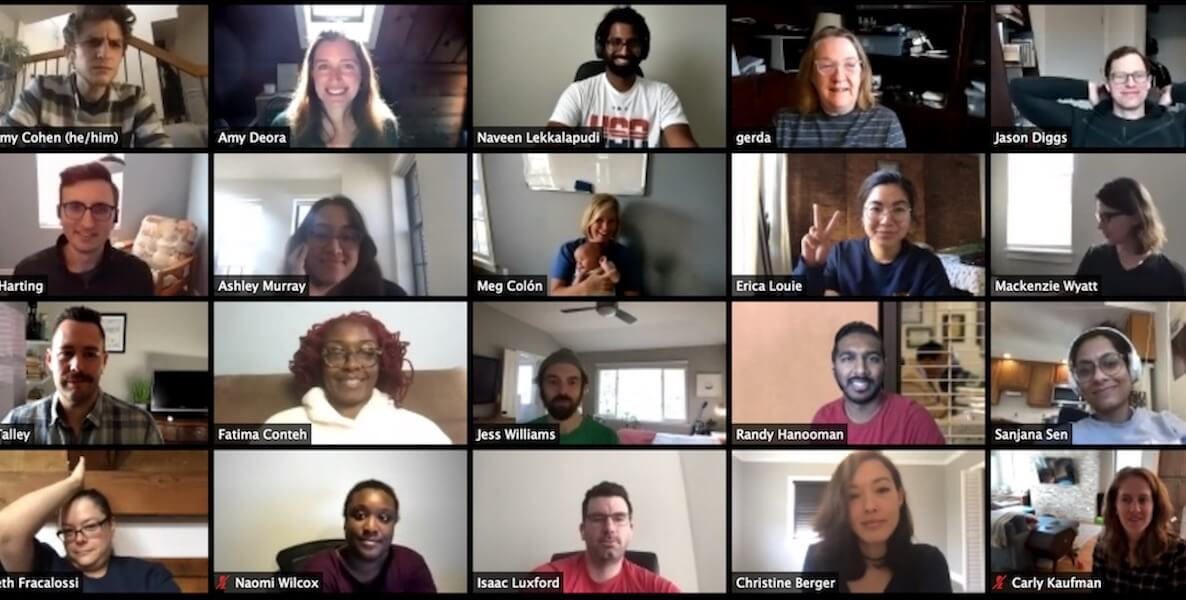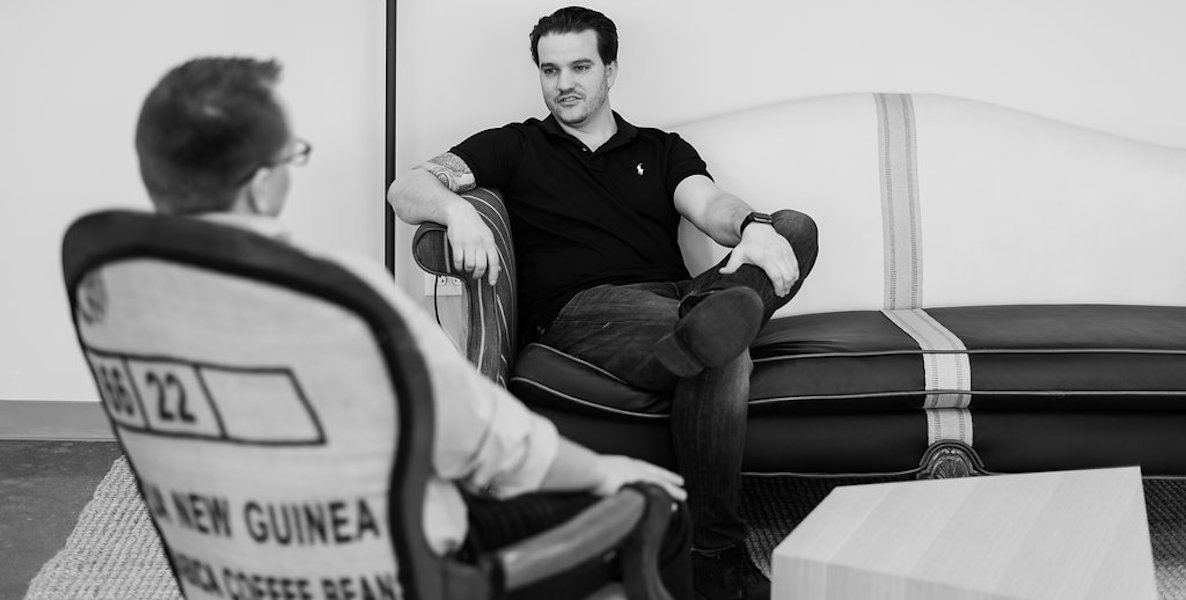To this story in CitizenCastLISTEN
Enter the Philadelphia offices of the mechanical engineering firm Oat Foundry, and you can’t miss it. The sound, which resembles keys being tapped furiously on a keyboard, doesn’t come from engineers busy at work. Rather, it stems from the firm’s signature product: a split-flap sign, like those used to display departures at airports and train stations.
While the signs look like they’d be more at home in the 1940s than the 2020s, where digital displays reign supreme, their design is actually a marriage of analog and digital technologies. The mechanisms that rotate each flap are similar to those found in original split flaps—picture that ubiquitous GE clock everyone’s grandparents had in the ’70s—but the displays on Oat Foundry’s signs can actually be edited on the fly, using a cellphone app or laptop.
“We could make better cigarettes. We could make more explosive bullets, but that’s not where we want to focus. We want to focus on planet-bettering technology,” Kuhn says.
Meshing the modern with the old-school is Oat Foundry’s thing: A virtual tour of their offices in the Frankford Arsenal, for example, reveals contemporary office staples like yoga ball chairs and standing desks…just rooms away from manufacturing equipment that recalls the days when the building served as a munitions factory. That constant ticking of their split-flap signs only contributes to the space’s retro vibes.
Explore Oat FoundryDo Something
Every plastic flap in their split-flap signs is recyclable. And the eight-year-old firm is focused on reducing its carbon footprint even further by contributing to local sustainability initiatives, like the city’s Zero Waste Program, and by manufacturing machinery that can help other companies reduce the amount of carbon in the environment.
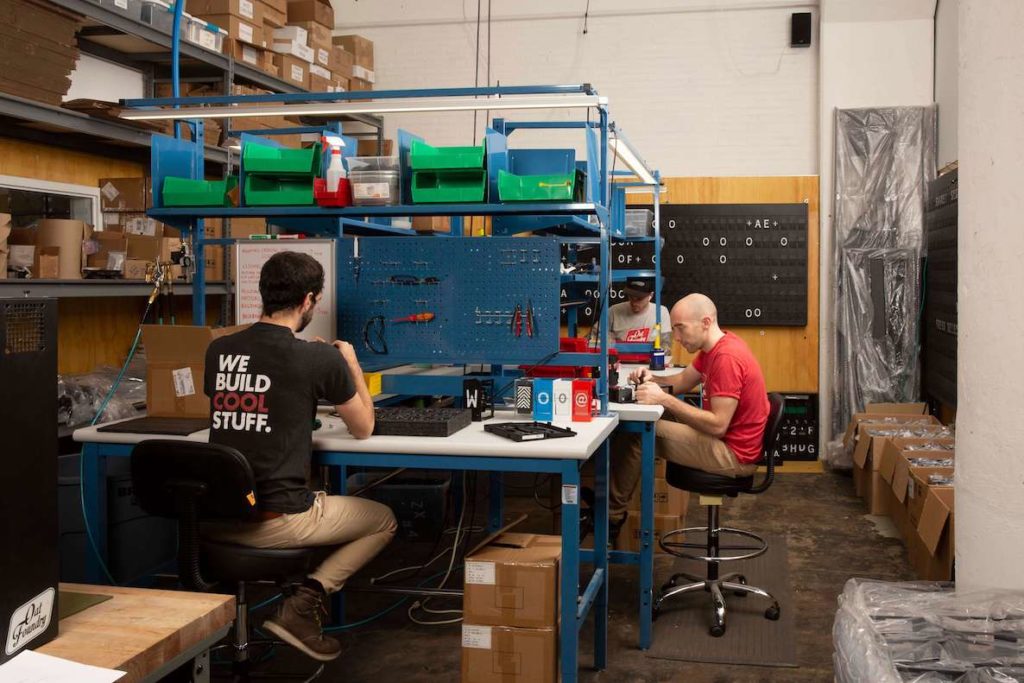
“We could make better cigarettes. We could make more explosive bullets, but that’s not where we want to focus. We want to focus on planet-bettering technology,” says Mark Kuhn, Oat Foundry’s CEO.
When Kuhn and some fellow Drexel alumni founded the company in 2013, Oat Foundry’s guiding mission was to “build cool stuff.” They developed their initial idea—a soft pretzel vending machine—when they were still students. And though they ultimately abandoned the pretzel idea, that project helped them discover their love for building unique, innovative wares.
Now, the firm focuses on creating a variety of custom electromechanical and interactive products, all made in Philadelphia. The six original founders built the firm from the ground up, with the kind of sales growth that propelled them to the Philadelphia Inquirer’s list of Philadelphia’s 100 fastest-growing businesses in 2018, a year when their revenue more than doubled; it has only continued growing since then.
Consider this snapshot of their project roster:
Beyond their split-flap signs, Oat Foundry has helped the cold brew manufacturer BKON scale up their manufacturing by developing a semi-autonomous brewing system, and built La Colombe a weather-balloon rigged with Go-Pros that allowed them to launch a draft latte into Earth’s stratosphere, to celebrate their newly opened manufacturing facility in Michigan.
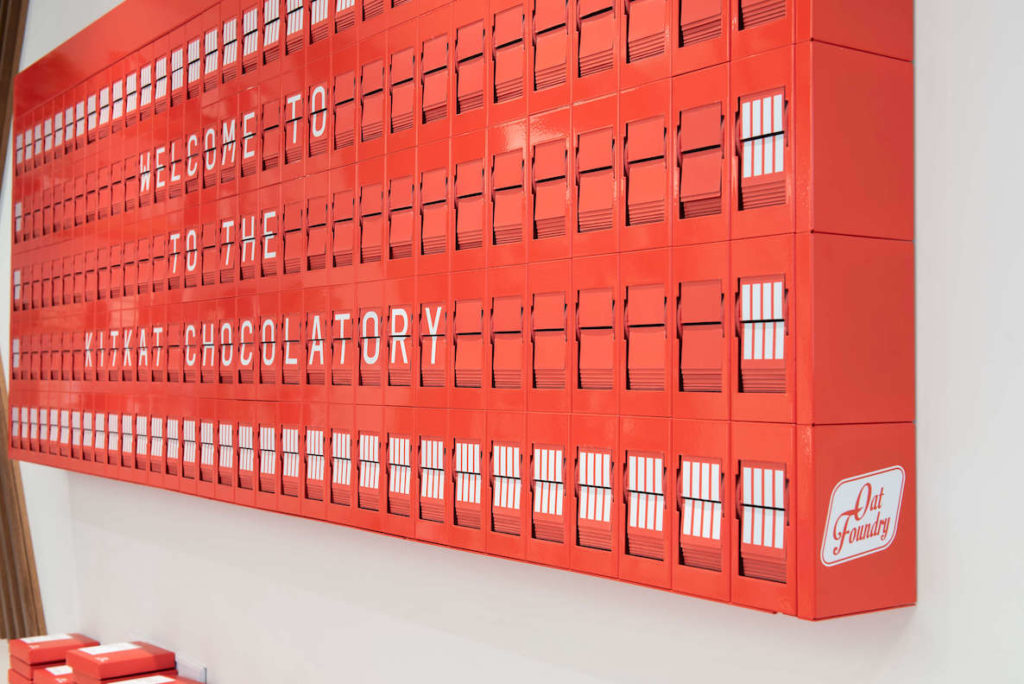
Their 14-person team has worked with national corporations, including Google and Starbucks, for whom they’ve designed split-flaps. Locally, their split-flap signs can be found in all corners of the city, from sports venues like Citizens Bank Park to retail spaces like Reading Terminal Market and the Walnut Street Shakespeare and Co. Recently, they designed a lighter, faster version of their split flap signs, called a fast box, for the Philadelphia Eagles to use when they call plays.
The company also designs picture-flaps, which are visual, rather than text-based, versions of their split-flap signs. In their picture flaps, brightly colored, rotating flaps work together to create an image. Much like the split-flap signs, they rotate so that the image isn’t clear until all the pieces click together. (The split-flap signs they’re known for can be purchased or rented for short-term displays or art installations; pricing varies from project to project.)
360-degree commitment
In addition to Oat Foundry’s “give a damn” credo, the company is governed by three other values: build cool stuff; grow purposefully; and have fun. The signs, which are built sustainably and use less power than their digital counterparts, allow Oat Foundry to marry the fun parts of the business with their desire to do good.
How did a bunch of college friends come up with it, in the first place? Well, the signs got their start when Oat Foundry’s founders were approached by the fast-casual restaurant chain honegrow and asked to create a split-flap sign similar to the Amtrak Solari board that hung in 30th Street Station until 2019. honeygrow wanted a smaller, more affordable version of the boards to display order numbers in their restaurants.
In addition to Oat Foundry’s “give a damn” credo, the company is governed by three other values: build cool stuff; grow purposefully; and have fun.
Since then, the firm has made more than 100 split-flap signs, which are located throughout the world, from Hollywood to Hong Kong. You can see a gallery of their super-groovy projects for clients like Momofuku Noodle Bar, Thomas Pink, Air France, Wrigley Field, and more here.
On Philly's sustainable businessesRead More
Last February, the company joined Philly’s Zero Waste Partnership program, which requires that they complete a commercial waste report annually, submit a waste diversion rates report monthly, and adhere to the city’s waste and recycling ordinances. (To date, the program has 18 members across the city, including Simply Good Jars, The Rittenhouse Hotel and several ShopRite locations. )
As part of the program, Oat Foundry has brought on-site composting to the company, and named a Zero Waste coordinator who is in charge of auditing the company’s waste throughout the month and making sure proper disposal methods are in place for recyclable and compostable waste. Philly’s Zero Waste Program is tiered, with Gold being the highest level and partner being the lowest. Oat Foundry is currently at the partner level, but Kuhn says they’re striving to achieve Gold status.
In the future, they’d also like to reduce their team’s business travel, and they’ve flirted with the idea of adding electric car-charging stations to their parking lot.
Beyond signs…and space
In the spirit of their four values, the company has expanded into other fields—literally: One client, for example, is a hemp farmer who is looking for ways to automate some of their manufacturing processes. Hemp absorbs more CO2 than any forest or commercial crop, which makes it a powerful tool in fighting the amount of greenhouse gas in the atmosphere.
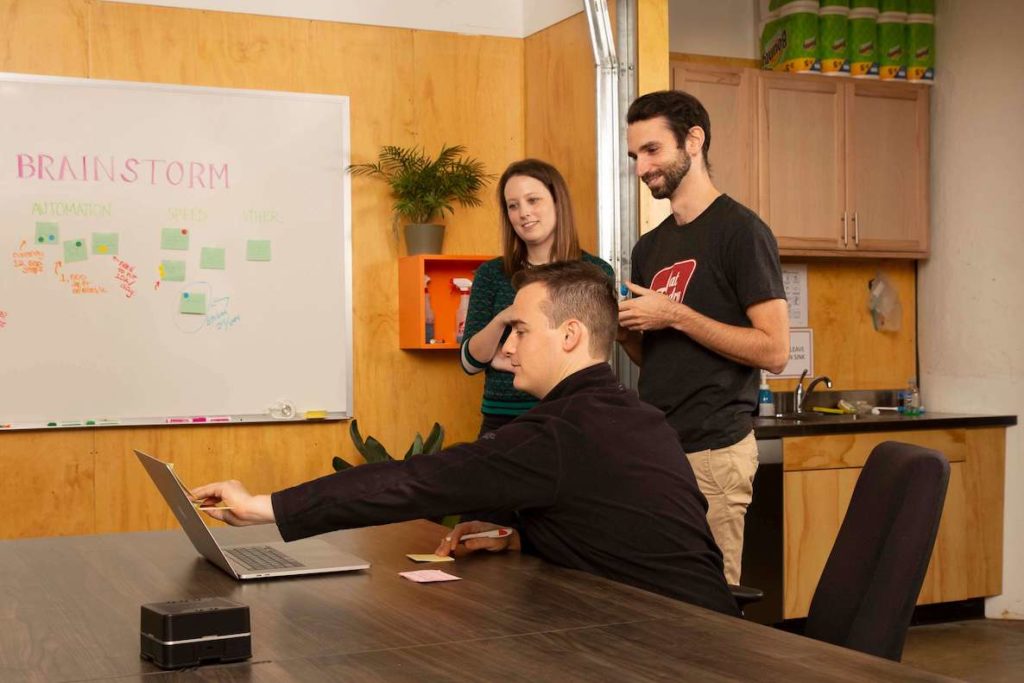
It’s part of the company’s commitment to designing and manufacturing “planet-bettering technology,” a term coined by the nonprofit Project Drawdown, which seeks to reduce greenhouse gases in the atmosphere to the point where they begin to decline, rather than climb or remain neutral.
Project Drawdown, based in San Francisco, has been a source of inspiration for Oat Foundry as they look for more ways to work sustainably. For Oat Foundry, ideas for planet-bettering technology range from building more efficient wind turbines and other renewable energy resources, to helping businesses reduce their individual carbon footprint.
Beyond being good for the environment, Kuhn says that Oat Foundry’s focus on sustainability has been a bona fide selling point when they pitch to current and potential clients, helping them to win over international clients. “When you’re speaking with a brand like L’Oréal or Gucci or Netflix, these aspects of sustainability matter,” Kuhn says.
Still, as grandiose as their endeavors may sound—we repeat: caffeine in outer space?—Kuhn says that having an impact starts with baby steps.
“You have to start small. Small steps make it easier to then accomplish larger steps down the road,” Kuhn says. “There was the quote from the inauguration, ‘lead not by example of power, but power of our example,’ and I think to see even a small company take on some of this responsibility and say, ‘we believe this matters,’ can set an example for larger companies.”



